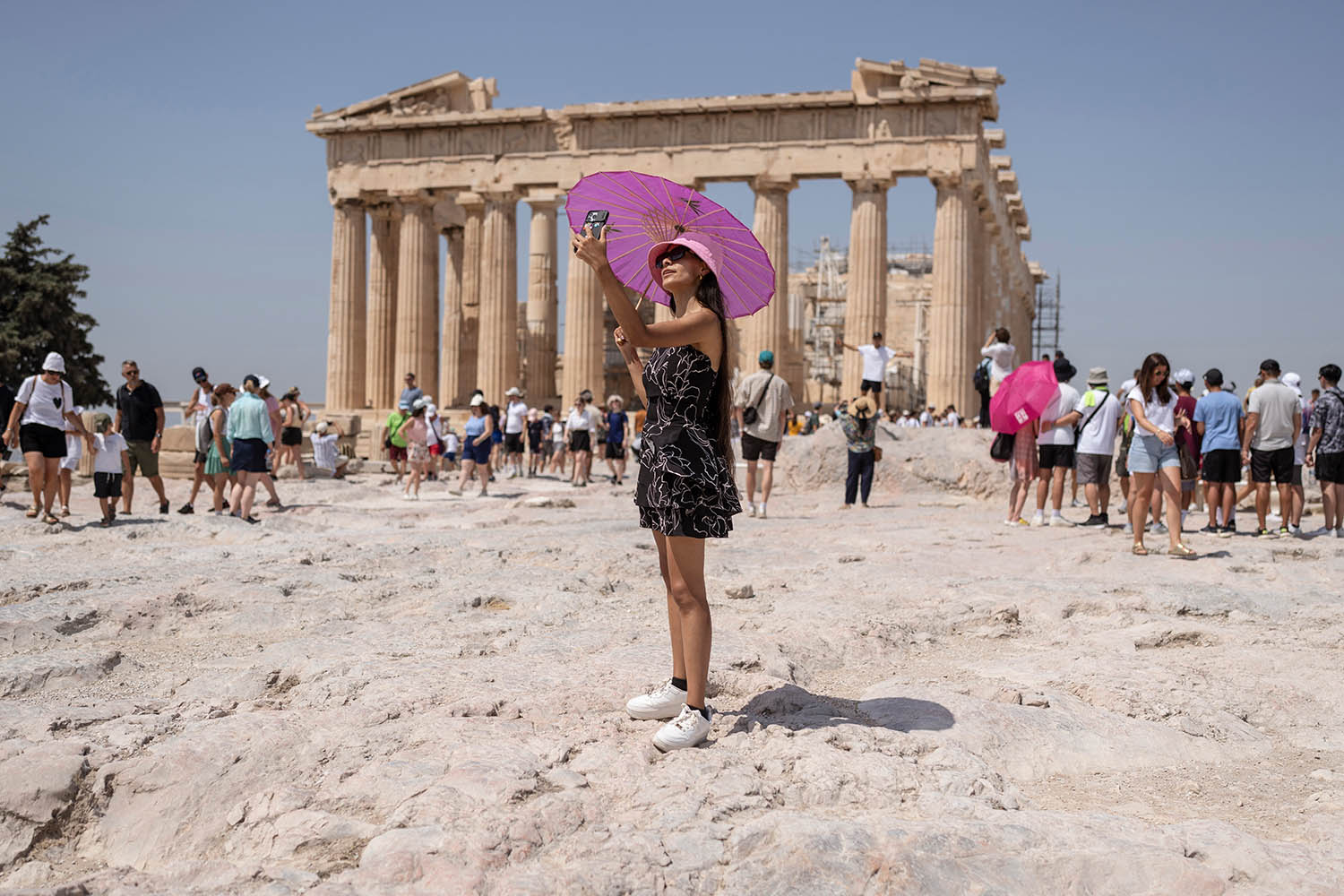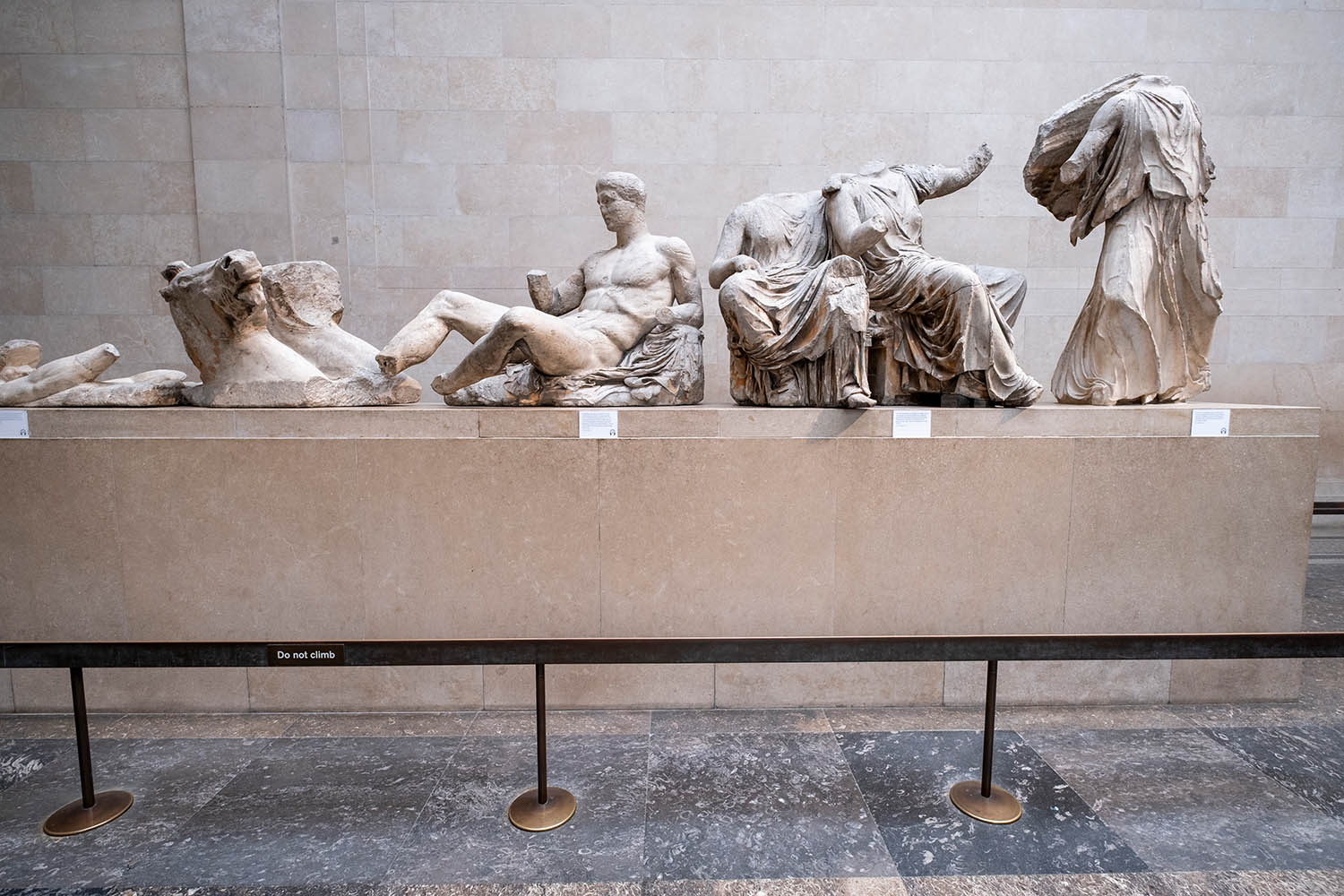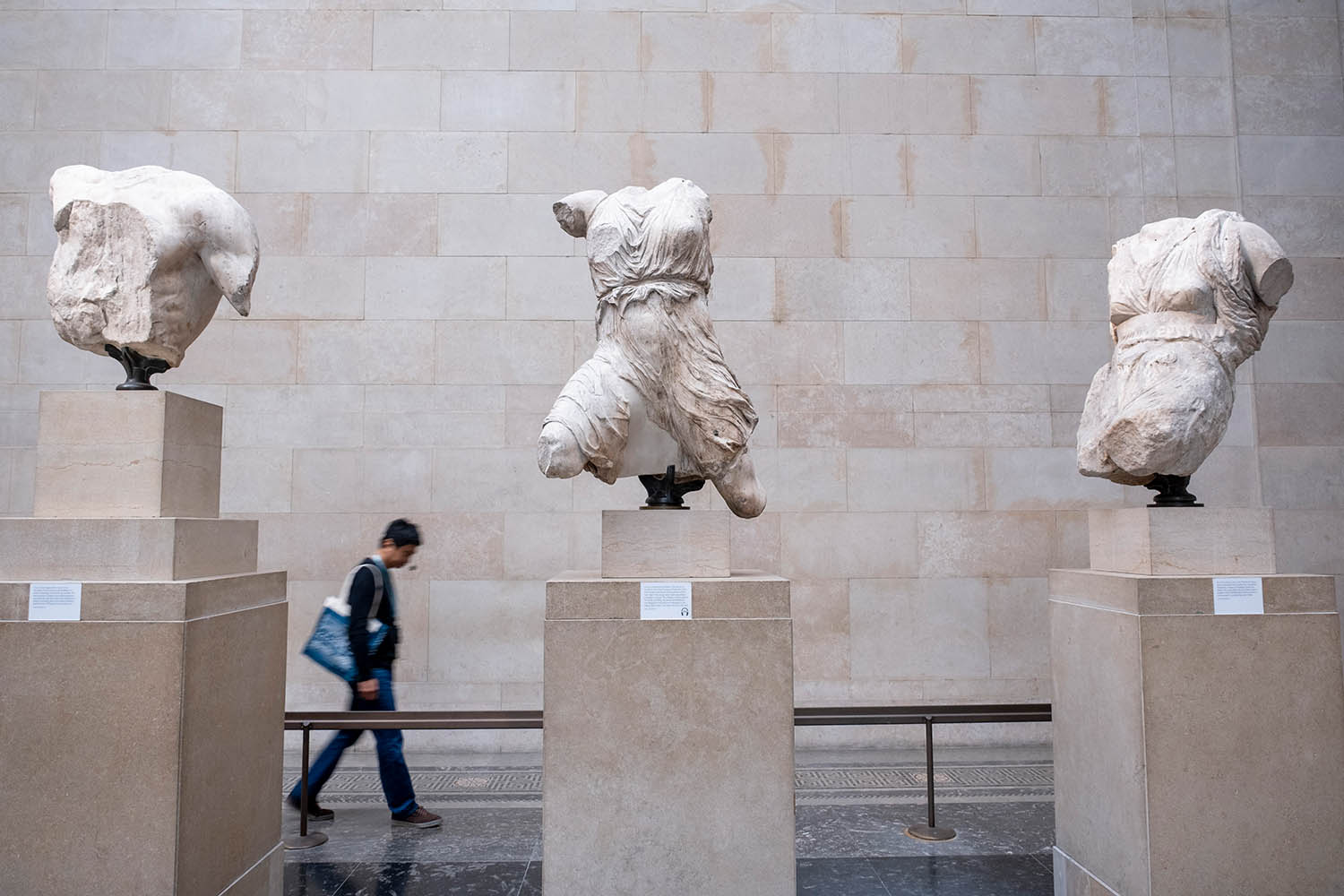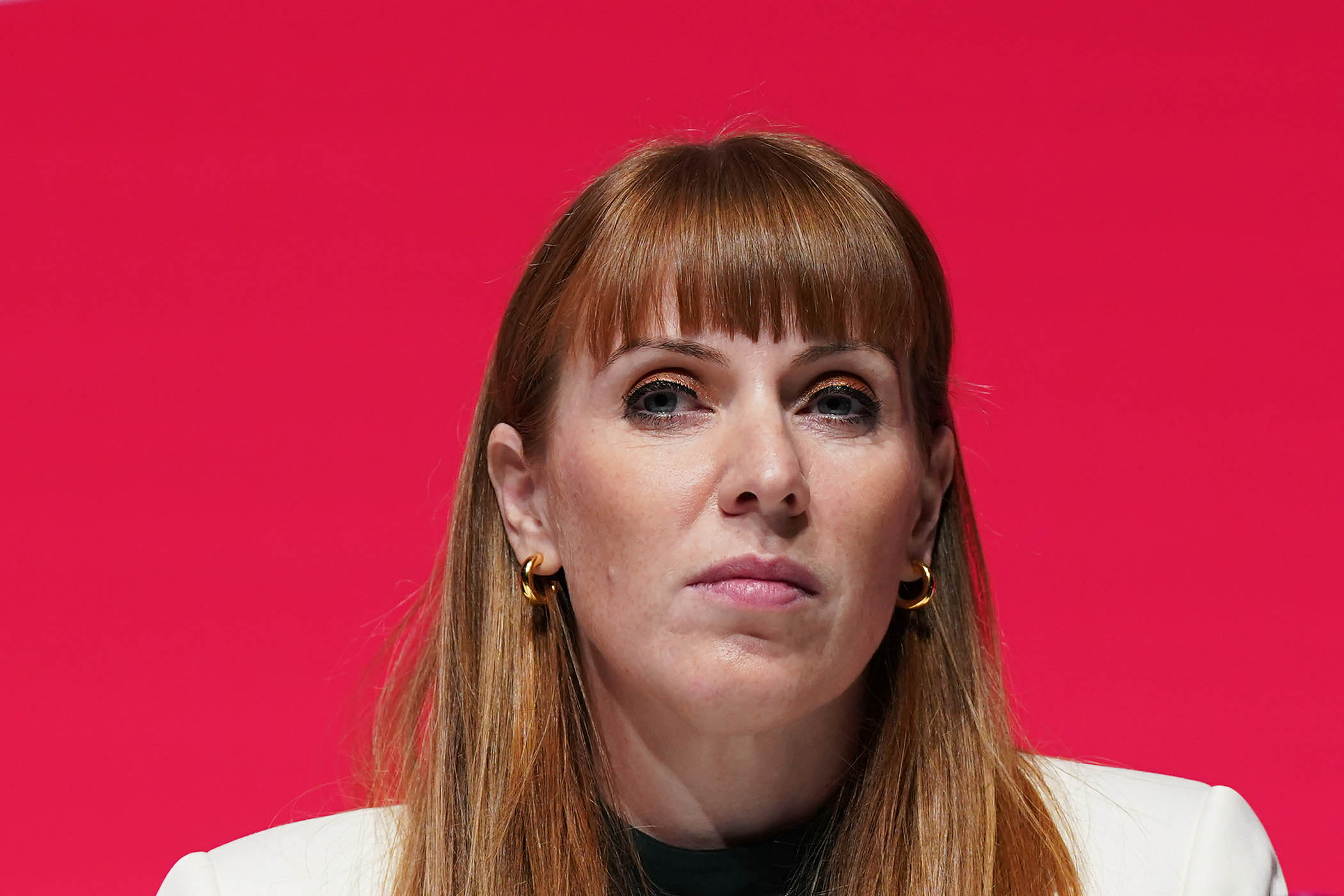In discussing the issue of whether the Parthenon marbles should be returned to Greece – where the Acropolis Museum, designed by the Swiss-American architect Bernard Tschumi, has already been built to house them – Trevor Phillips and Michael Dobbs consider what the sculptures mean to Britain and Greece. They also look at the British Museum Act 1963, which prevents them from simply being handed back.
What does the idea of “authenticity” mean in the context of the Parthenon marbles, which are so central to British, Greek and worldwide cultural heritage? Phillips is in favour of keeping the sculptures in Britain, where they have been since the first years of the 19th century. Dobbs argues for their return to Greece – a formal request for the permanent return to Greece of all the Parthenon sculptures in the British Museum’s collection was first made in 1983.
Phillips All of these judgments, about where the Parthenon marbles should be, have to be made against some sort of yardstick: it’s not entirely clear to me that people are always arguing about the same thing. I wouldn’t mind a minute or two on why we think it matters, and to whom it matters.
Dobbs What I’m interested in is the future – not stale and totally unproductive arguments about the past. You have to make these issues relevant to a new audience in exciting ways. The reason we should care is because it is so important.
Phillips I think some of the argument is often an elitist one. The same thing is true about reparations for slavery to the Caribbean. If you ask somebody in the street in Athens or in Kingston, Jamaica about reparations, or the return of the Parthenon marbles, that’s not going to be the first thing they’re that interested in. They’re going to want to talk to you about the new Tom Cruise movie, or about the cost of living. One of my old school friends is now the deputy chairman of the Caribbean reparations commission, and though he treats it very seriously, I’m absolutely convinced he just likes to see the Foreign Office tie itself in knots.
Dobbs Trevor, I would not be in favour of returning the marbles if it were perceived as being just another beating up of Britain. It is certainly not a precedent for the ransacking of our museums. It is about creating an artistic and cultural partnership that would be almost unique – but could be repeated elsewhere. And although you say the Greeks aren’t passionate about this, I found many Greeks who are, because this is part of their cultural heritage. This conversation should be part of a much wider cultural programme, an Anglo-Hellenic partnership, which could bring benefits to everyone.
Phillips Broadly speaking, I’m against return for two reasons. First, I don’t like institutions cowering because some people have been shouting at them and waving placards. That’s my emotional reaction. But the real issue is: who gets to decide about this? The British Museum Act of 1963 prevents the museum from permanently disposing of items from its collection. Now, I think that act came into being for the wrong reasons. But one of its consequences is that before somebody at the museum makes a decision, it has to be really carefully thought about. That I think is important. But is it more likely that a person of Greek heritage is going to see the marbles in Athens or in London? I think there’s a reasonable chance they’d be more likely to see them in London, especially if you include the Greek diaspora.
Authenticity would mean putting the sculptures back at the top of the Acropolis where they couldn’t really be seen
Authenticity would mean putting the sculptures back at the top of the Acropolis where they couldn’t really be seen

Tourists visit the Parthenon temple atop the Acropolis hill in Athens.
Dobbs You talk about the 1963 act, Trevor. That was a different era, it was long before the existence of all the technology we can use to enhance the opportunities to dive into culture and understand it. And I don’t know whether you’ve been to see the marbles in the British Museum recently, but the display really is turgid! I think that the Greek diaspora is very important. I believe that if we can create a widespread cultural heritage – we call it the Parthenon Project, of which the marbles are only a part – you can create an exchange of cultures and people. The diaspora is going to be very important in this. If the marbles, under whatever circumstances, go back to Athens, at the same time the British Museum will get a vast number of really important Greek archaeological artefacts: consider the way art galleries around the world collaborate to form a wonderful cultural moment for people. And this exchange, of art and scholarship, will be ongoing.

Parthenon marbles at the British Museum in London.
Phillips We’re beginning to talk about a deal that involves sharing. I’m not against that. I would just say one thing about this “all in one place” idea of authenticity. Authenticity would mean putting the sculptures back at the top of the Acropolis, which would mean you couldn’t really see them the way you can in a museum.
Dobbs I just go back to this idea that if, for instance, the top half of Big Ben had suddenly somehow been transported a couple of hundred years ago to an island in the Mediterranean, and we were left with this old trunk sticking out of the glorious Palace of Westminster – which is itself a cultural icon, even though it’s falling apart and riddled with asbestos and filled, of course, with vermin – we would want to do a deal to get that back to complete the whole thing. I regard the Elgin marbles in the same way.
Newsletters
Choose the newsletters you want to receive
View more
For information about how The Observer protects your data, read our Privacy Policy
Phillips If we believe these things are important to the world then location becomes less important – particularly in the modern world, when often people will experience them remotely anyway. As for authenticity, that’s a slippery concept, which people deploy to their advantage when they feel like it. I’m not sure I think that that’s right.
Dobbs I know this is not a slam dunk. But I think we can raise our sights, get away from looking back at the problems of the past and look to the future, sharing the marbles – in whatever way is agreed – could be an act of wisdom. It could be an act of pride. And it could be a huge marker for the beneficial use of British soft power. We keep talking about soft power in this country. Let’s do it.
Phillips Only if they put you and me in charge!
Photographs by Mike Kemp/In Pictures via Getty Images, Petros Giannakouris/AP


